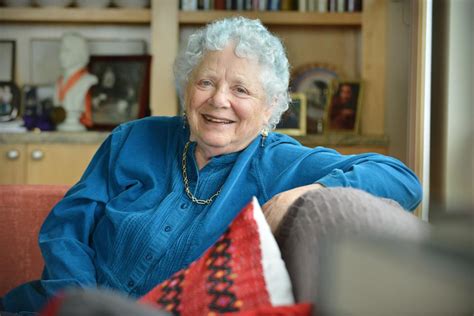A Quote by Ashwin Sanghi
I want to make sure that my writing grips the reader from the word 'go.'
Related Quotes
With the audience I write for, I want to make sure that the reader is eagerly turning every page. I want each of my books to be an absorbing reading experience, an authentic piece of literature. The worst thing that can happen is for a book to have a chilling effect on the reader, to have a kid pick it up and look at a bunch of footnotes and think, No, I'm not going to read this, it's too intimidating.
The idea of being in a television series is a wonderful one to be considered, but you want to make sure it's the right thing for you because if you are fortunate enough to have something go for a long term, you want to make sure that it's something that you really want to be spending a bulk of your time on.
With a 660-page book, you don't read every sentence aloud. I am terrified for the poor guy doing the audio book. But I do because I think we hear them aloud even if it's not an audio book. The other goofy thing I do is I examine the shape of the words but not the words themselves. Then I ask myself, "Does it look like what it is?" If it's a sequence where I want to grab the reader and not let the reader go then it needs to look dense. But at times I want the reader to focus on a certain word or a certain image and pause there.
Nice writing isn't enough. It isn't enough to have smooth and pretty language. You have to surprise the reader frequently, you can't just be nice all the time. Provoke the reader. Astonish the reader. Writing that has no surprises is as bland as oatmeal. Surprise the reader with the unexpected verb or adjective. Use one startling adjective per page.
So many people think that if you're writing fantasy, it means you can just make everything up as you go. Want to add a dragon? Add a dragon! Want some magic? Throw it in. But the thing is, regardless of whether you're dealing with realism or fantasy, every world has rules. Make sure to establish a natural order.
Simply put, meta-writing is writing that is self-conscious, self-reflective, and aware of itself as an artifice. The writer is aware she's writing, and she's aware there's a reader, which goes all the way back to Montaigne's often-used address "dear reader," or his brief introduction to Essais: "To the Reader." It can be done in a myriad of ways.
We've got to be able to have a conversation and recognize we're all Americans; we all want the best for this country. We may have some disagreements in terms of how to get there, but all of us want to make sure that our economy is strong, that jobs are growing. All of us want to make sure that people aren't bankrupt when they get sick. All of us want to make sure that young people can afford an education.



































